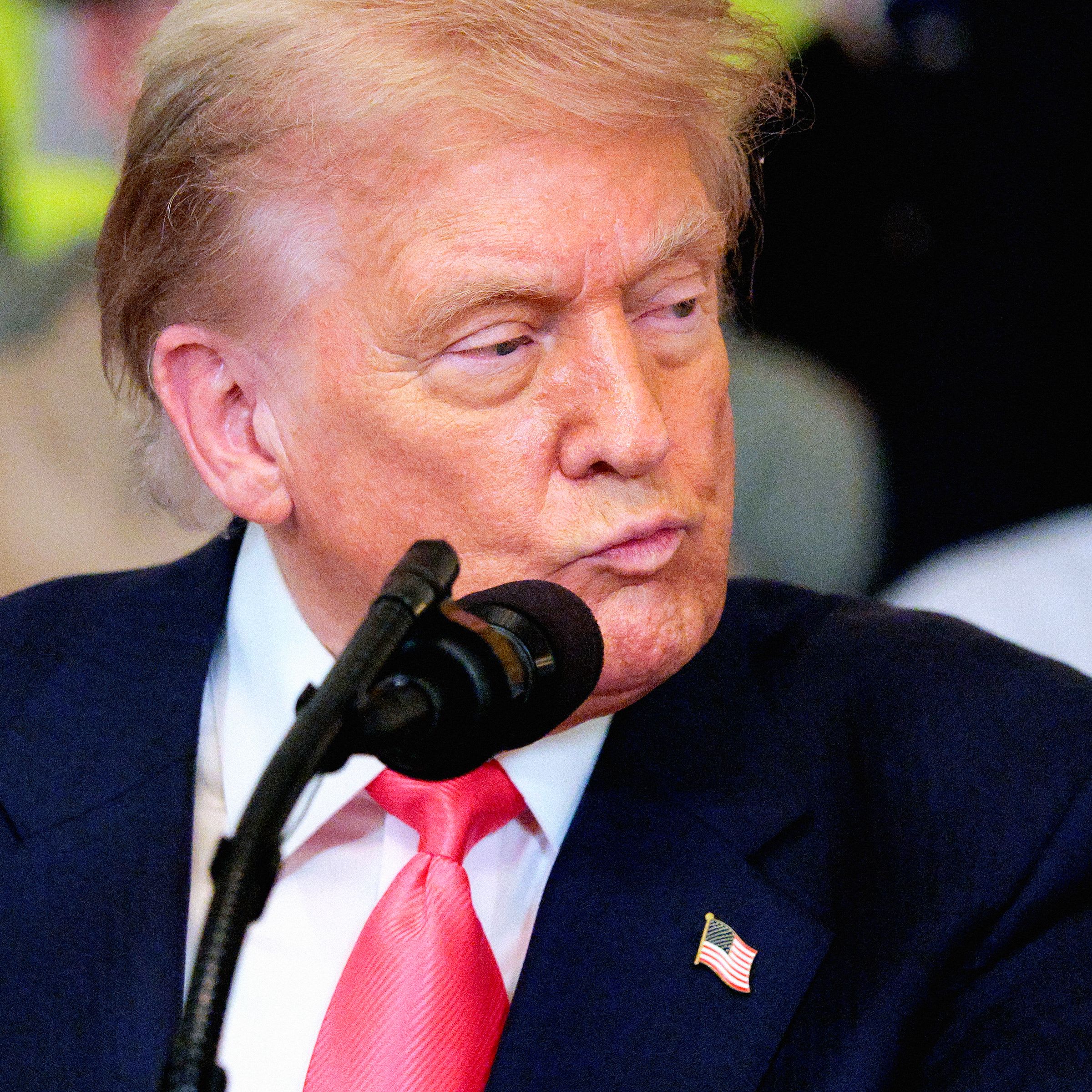AI Moratorium and the Politics of Tech Regulation: A Complex Dance
 The Tech Times
The Tech Times
In a move that highlights the intricate and often contentious relationship between politics and technology regulation, Senator Marsha Blackburn recently withdrew her support for an AI moratorium initially proposed as part of a legislative package dubbed Trump's "Big Beautiful Bill." This decision came amid considerable backlash, with critics condemning the bill as a “get-out-of-jail-free card” for Big Tech, potentially making it difficult to regulate social media platforms effectively.
The AI Moratorium Debate
At the heart of the AI moratorium debate is the growing concern over how artificial intelligence impacts society. While AI holds immense potential for innovation and progress, it also presents challenges, including privacy concerns, ethical issues, and the unregulated power of major tech companies. The initial proposal for a moratorium was seen by some as a necessary pause, a chance to assess AI's societal impact and establish guidelines to ensure its responsible use. However, the backlash against the moratorium suggests a deeper mistrust of the political processes involved in tech regulation.
Historical Context of Tech Regulation
To understand the current situation, it's essential to consider the historical context of technology regulation. The rapid advancement of technology in the 21st century has often outpaced legislative efforts to regulate it. From the early days of the internet to the rise of social media, tech companies have frequently operated in a relatively unregulated environment. This has allowed for unparalleled growth and innovation, but it has also led to significant issues, including data breaches, misinformation, and monopolistic practices.
Regulation efforts over the years have been sporadic and often reactive, rather than proactive. For instance, the introduction of the European Union's General Data Protection Regulation (GDPR) in 2018 was a landmark in data privacy, setting a high standard for how personal data is collected and used. However, similar comprehensive efforts have been slower to materialize in the United States, where tech giants wield considerable influence.
The Political Dynamics
Senator Blackburn's decision to retract her support for the AI moratorium reflects the complex political dynamics at play. On one hand, there is a bipartisan recognition of the need to address Big Tech's power and influence. On the other hand, there is a significant division over how to achieve this goal without stifling innovation or infringing on personal freedoms.
Critics of the moratorium feared that it would serve more as a shield for tech companies than a tool for meaningful regulation. This sentiment is fueled by historical instances where legislative measures have inadvertently provided loopholes that companies could exploit. Thus, the challenge remains: how to craft legislation that is both effective and fair, taking into account the rapid pace of technological advancement and the diverse interests of stakeholders involved.
Conclusion: A Path Forward?
The withdrawal of support for the AI moratorium in the "Big Beautiful Bill" is a reminder of the ongoing struggle to balance innovation with regulation in the tech industry. As AI continues to evolve and integrate into every facet of society, the need for thoughtful, comprehensive, and forward-thinking regulation becomes ever more critical.
Looking ahead, policymakers must engage with a wide range of voices, including technologists, ethicists, and the public, to develop frameworks that are adaptable and robust. The goal should be to create a regulatory environment that promotes innovation while safeguarding the public interest—an endeavor that requires not only legislative action but also a commitment to ongoing dialogue and collaboration.
Source: Senator Blackburn Pulls Support for AI Moratorium in Trump’s ‘Big Beautiful Bill’ Amid Backlash
Subscribe to my newsletter
Read articles from The Tech Times directly inside your inbox. Subscribe to the newsletter, and don't miss out.
Written by
